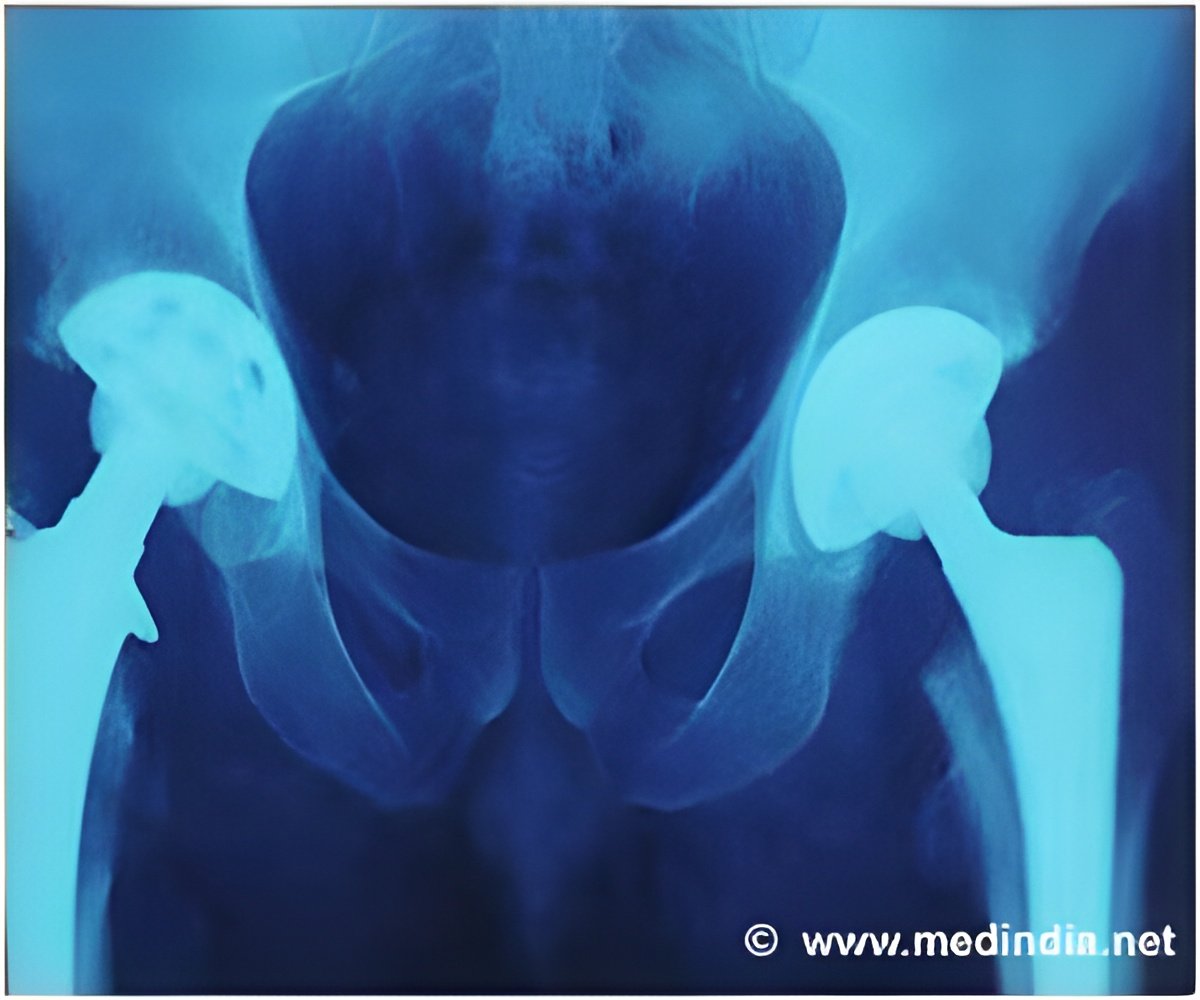For patients who undergo major orthopedic operations, the current guidelines do not differentiate between prescribing aspirin and more potent blood thinners for protecting blood clots.

Researchers compiled and compared all relevant studies that have compared these agents following hip or knee surgery. Their analysis, which included 8 randomized trials and 1408 patients, revealed that for hip or knee replacement, aspirin may be a good option because it's as effective as heparin or warfarin for preventing blood clots, but with less risk of bleeding. After hip fracture repair, though, anticoagulation therapy appears to be more beneficial.
"We expect that the number of hip and knee replacements and hip fracture repairs will continue to grow as the population ages. Major complications after these procedures—often clots or bleeding—contribute to suffering and costs," said lead author Frank Drescher, MD of the Veterans Affairs Medical Center in White River Junction, Vermont. "We hope our findings may guide physicians trying to help their patients make decisions about how to best minimize surgical risks."
Source-Eurekalert













